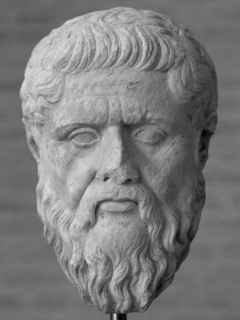
Publication details
Publisher: de Gruyter
Place: Berlin
Year: 2017
Pages: 9-333
Series: Quellen und Studien zur Philosophie
ISBN (Hardback): 9783110527186
ISBN (eBook): 9783110528053
Full citation:
, Phänomenologie als Platonismus, Berlin, de Gruyter, 2017


Phänomenologie als Platonismus
Zu den Platonischen Wesensmomenten der Philosophie Edmund Husserls
pp. 9-333
Quellen und Studien zur Philosophie | 133de Gruyter
2017
Abstract
Husserl repeatedly invokes Plato as the founder of European philosophy, but never systematically elaborates phenomenology’s connections to Platonism. This study examines these connections, and shows that Husserl rightly views phenomenology as the ultimate inheritor of the original Platonic gift of philosophy. Many elements of phenomenology take on new meanings against the backdrop of their Platonic origins.
Reviews
Cited authors
Publication details
Publisher: de Gruyter
Place: Berlin
Year: 2017
Pages: 9-333
Series: Quellen und Studien zur Philosophie
ISBN (Hardback): 9783110527186
ISBN (eBook): 9783110528053
Full citation:
, Phänomenologie als Platonismus, Berlin, de Gruyter, 2017


